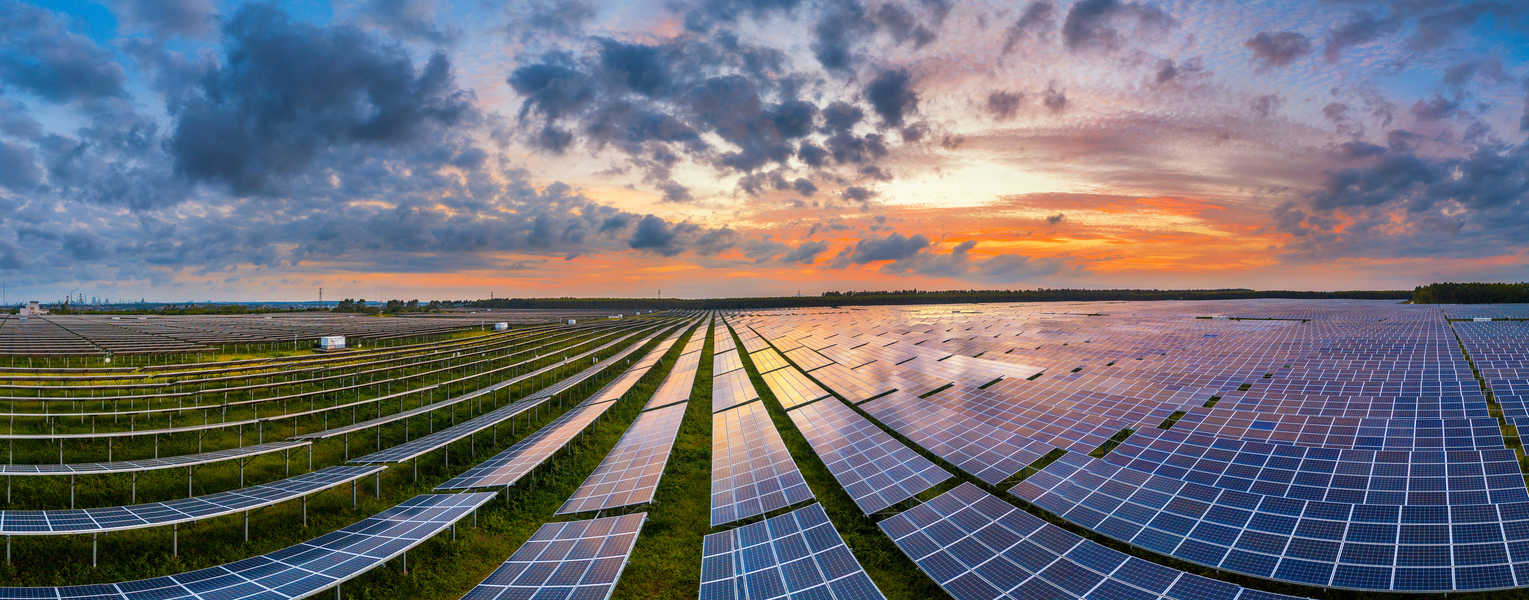About CSP: Capturing the Power of Sun
Concentrating Solar Power (CSP) is a technology that uses mirrors to reflect sunlight onto a receiver in order to heat hazardous fluid, which generates power. This is a novel method of capturing solar power in areas with large amounts of solar irradiance.Concentrated Solar Powe.r (CSP)
How CSP Works Concentrated Solar Power (CSP)
Solar Field: Less the ideal field of dreams, more a giant array of mirrors—heliostats—to track sunlight and beam it toward a central party at the top.
Heat Production The beam of sunlight is focused on a liquid, commonly molten salt or water, to produce the heat at very high temperatures.
Powar Generation — The turbineis driven by the heated fluid for generation of electricity.
Types of CSP Technologies Concentrated Solar Power (CSP)
Power Tower : Heliostats direct sunlight into a receiver tower
Parabolic Trough:** Parabolic mirrors direct sunlight onto a receiver tube positioned along the focal line of the trough.
Dish-Stirling:** Dish-shaped mirrors concentrate the sunlight on a Stirling engine, using this heat to generate mechanical energy
Advantages of CSP
Very Efficient:** CSP plants can have higher thermal efficiency; this results in higher levels of electricity generation.
Storage:** CSP produces high-temperature heat which can be stored and used to produce electricity even when the sun does not shine.
Scalability — CSP systems can use to cover a wide range of energy demand.
Areas of difficulty and looking forward
CSP has tremendous promise, but hurdles remain:
Leaves High Initial Cost:** Initially very high cost of construction for CSP plant.
Land Resources:** They need large land areas to host the solar field.
Water: Certain CSP technologies, especially those that utilize water as a working fluid, raise concerns about water consumption.
Despite these issues, however, stepping up research and development addressing these challenges are still very relevant. The efficiency and cost-effectiveness of CSP technologies are being improved by the developments in materials science, thermal energy storage, and control systems.
The world is moving to a low-carbon
